Question And Answer
Publications
Articles, publications, books, tools and multimedia features from the U.S. Institute of Peace provide the latest news, analysis, research findings, practitioner guides and reports, all related to the conflict zones and issues that are at the center of the Institute’s work to prevent and reduce violent conflict.
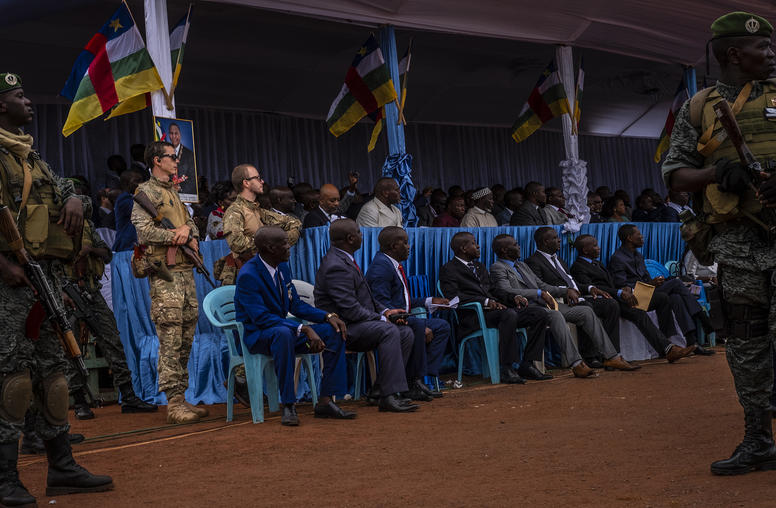
What Russia's Invasion of Ukraine Means for African Governments
As Russia’s war in Ukraine advances into its second month, the conflict’s effects continue to ripple across the world. In Africa, the conflict is upending long-term trends across the continent and eliciting mixed reactions from governments. As increased sanctions push the Kremlin to further explore relationships with countries outside of Europe and the United States, African countries are currently left with impending shortages in food and financing for energy projects. While some see this as an opportunity to build economic capacity from within the continent, others have opened the door for the Russian government to re-shape its approach toward Africa.
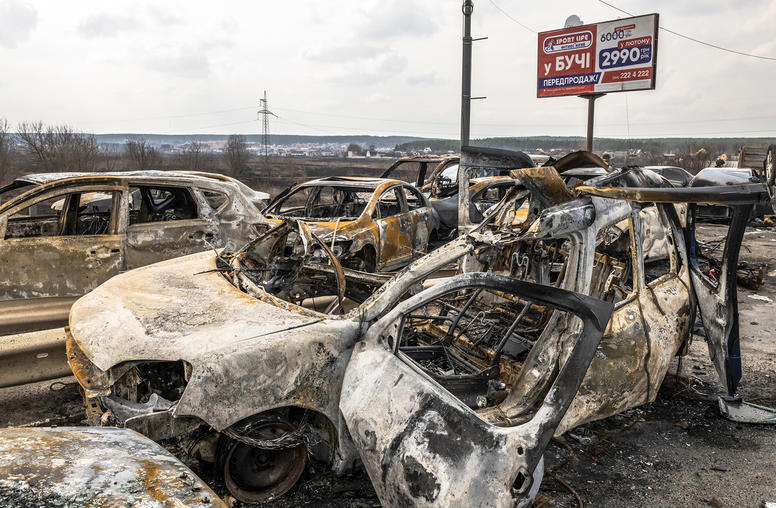
China’s Ukraine Gambit: Beijing Plays Both Sides
Beijing finds itself astride two policy tracks that appear to be moving in opposite directions: committed to affirming its carefully cultivated ties with Russia but also committed to upholding, at least rhetorically, the inviolability of territorial sovereignty. As Russia’s invasion enters a new phase, and more evidence of tragedies of emerge, China’s gambit may become increasingly uncomfortable.
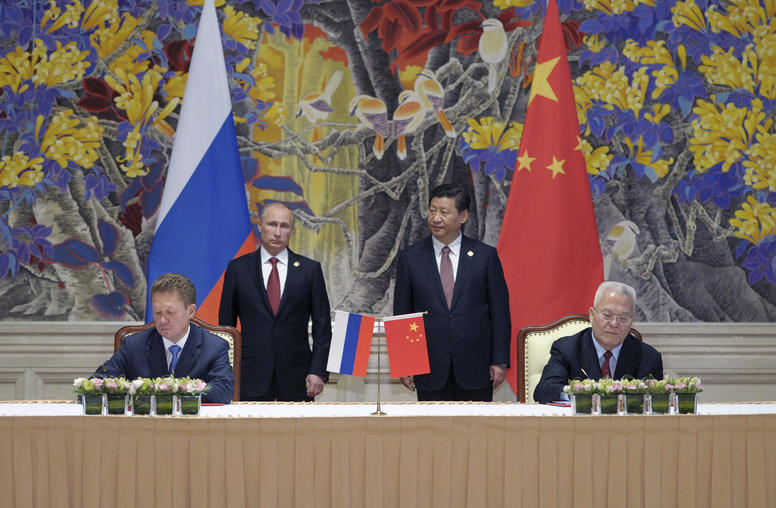
Ukraine Crisis Prompts China to Swing Behind Myanmar’s Junta
After a year of tentative ties with Myanmar’s democratic opposition, China this month dropped all pretension of hedging its bets and ramped up support for the military regime. Beijing framed its decisive economic and political move in part as a response to the “Ukraine crisis,” hinting that Russian backing for the junta may wane on the heels of Moscow’s stumbles in Ukraine, forcing China to fill the gap. With China bringing increasing pressure on Southeast Asian states to follow its lead in legitimizing Myanmar’s dictatorship, all parties in the region, and those with interests in it, will have to rethink their Myanmar strategies.
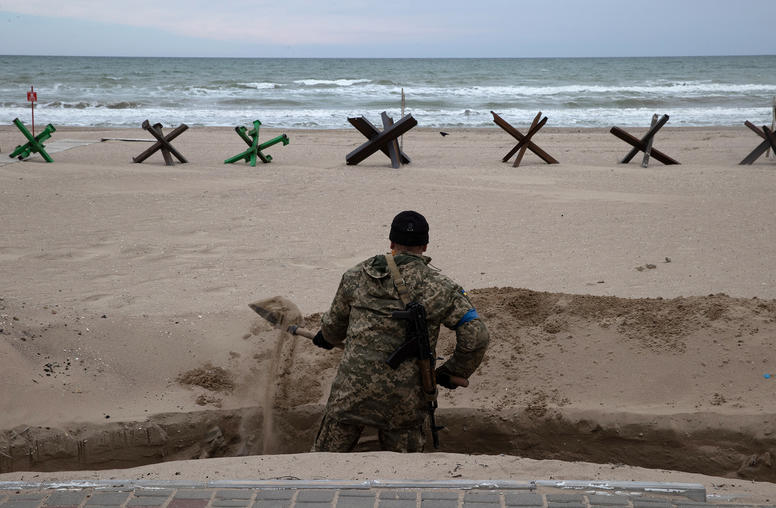
How the Kremlin Distorts the ‘Responsibility to Protect’ Principle
As Russia’s war against Ukraine moves into its sixth week, one of Moscow’s justifications for its unprovoked act of aggression against its western neighbor rests on its claimed right to protect ethnic Russians from discrimination in foreign countries. The Kremlin has tried to base this assertion on the language of fighting genocide and the United Nations’ principle of “Responsibility to Protect” (R2P). Russia has distorted those principles, twisting them instead to justify its intervention in the internal affairs of countries such as Estonia and Kazakhstan and, in the case of Ukraine, outright invasion. It also has bent the notion of Russian citizenship to justify its malign influence and use of force against other countries.
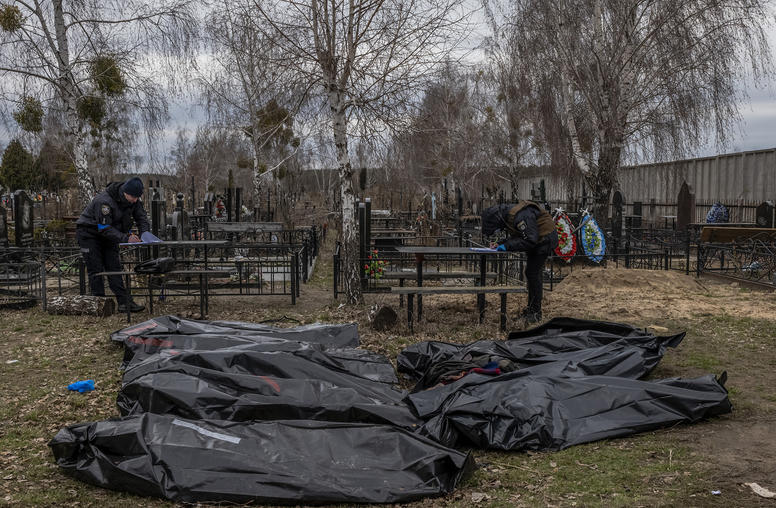
Ukraine: Justice for War Crimes Must Begin with Evidence
Photos and reporting emerging following the withdrawal of Russian forces from towns near Kyiv have triggered global revulsion, notably at the apparent summary execution of civilians. This initial evidence strongly suggests that Russian behavior in towns like Bucha and Irpin amounts to the widespread, systematic violence against civilians typical of atrocity crimes. World leaders have condemned the violence as war crimes, urging investigations and accountability. Ensuring eventual accountability for perpetrators and justice for victims means governments and others must quickly support the essential first step: the broadest possible collection of evidence.
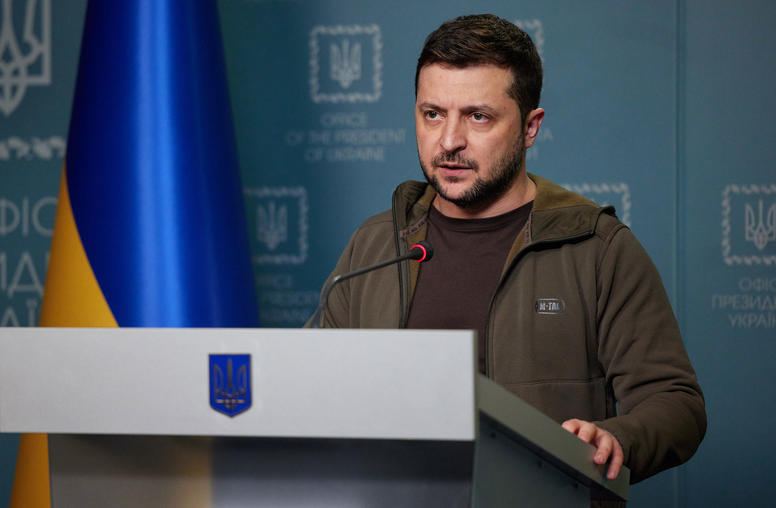
Ukraine considers neutrality. Will Putin respond?
Ukrainian President Volodymyr Zelenskyy has just expanded on his proposal to halt Russia’s brutal invasion of Ukraine by offering to seek his country’s long-term security through a neutral status guaranteed by Russia, the United States and European nations. This is a serious response to Russian President Vladimir Putin’s stated reason for war—denying Ukraine its right to someday join the NATO alliance. The question now confronts Putin: Will he thus end his bloodshed? Or will he continue a war more truly based on his fear of allowing Russians to witness a free democracy of their fellow ethnic Slavs on Russia’s border?
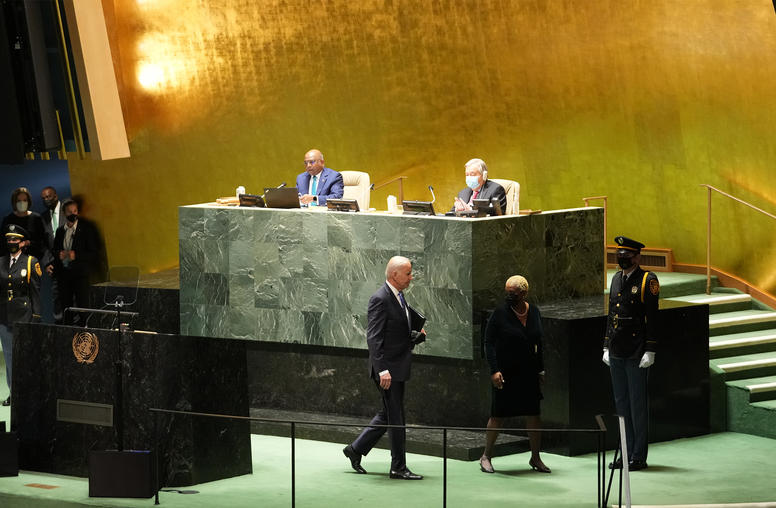
Rethinking U.S. Engagement with U.N. in the Context of Ukraine: Part Two
Russia’s war in Ukraine is a salient reminder of the world’s vulnerabilities to the potential cataclysmic impact of modern warfare. Russia’s nuclear arsenal, the world’s largest, is one of the underlying reasons why its actions in Ukraine have gone unchecked directly by NATO forces. Amid these threats, rules-based international institutions such as the United Nations have long been crucial to peaceful conflict prevention and resolution — but their effectiveness has been hampered in recent years by the United States’ withering commitment to multilateralism.
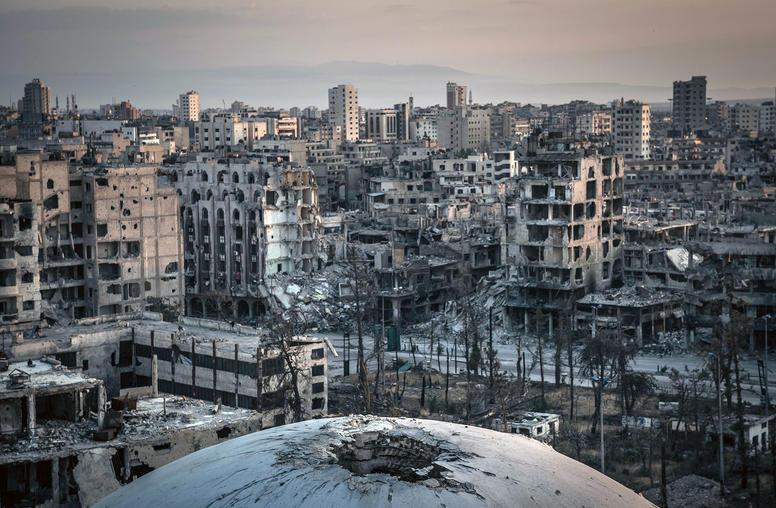
How Russia May Reprise Its Syrian Playbook in Ukraine
The tragic patterns set in Russia’s brutal war in Syria are unfolding anew in Ukraine. Already, chilling parallels are evident between Moscow’s prosecution of the Syrian conflict and its current conduct in its Eastern European neighbor. Going forward, Russia’s Syrian playbook may provide additional insights into its approach to diplomacy as well as how Russia now envisions its eventual Ukrainian endgame.

Religious Mobilization in Ukraine
Even prior to Russia’s invasion of Ukraine, religious relations between the two countries have often mirrored the long-simmering geopolitical tensions surrounding Ukrainian independence and autonomy. Russia’s previous annexation of Crimea and its intervention in Donbas had already provoked the creation of a united Orthodox Church of Ukraine (OCU) by uniting the Ukrainian Autocephalous Church and Ukrainian Orthodox Church of Kyiv Patriarchate. The newly created OCU represented a direct threat to Russia’s official domination of Orthodox Christianity in Ukraine via the Ukrainian Orthodox Church-Moscow Patriarchate (UOC-MP).

Donald Jensen on Russia’s Stalled Offensive in Ukraine
With Russian forces reportedly shifting focus to Donbas, USIP’s Donald Jensen says, “Overall the Russian military has been unmasked to be … quite a bit more of a paper tiger than expected. But that doesn't mean they're not dangerous or effective in some places.”